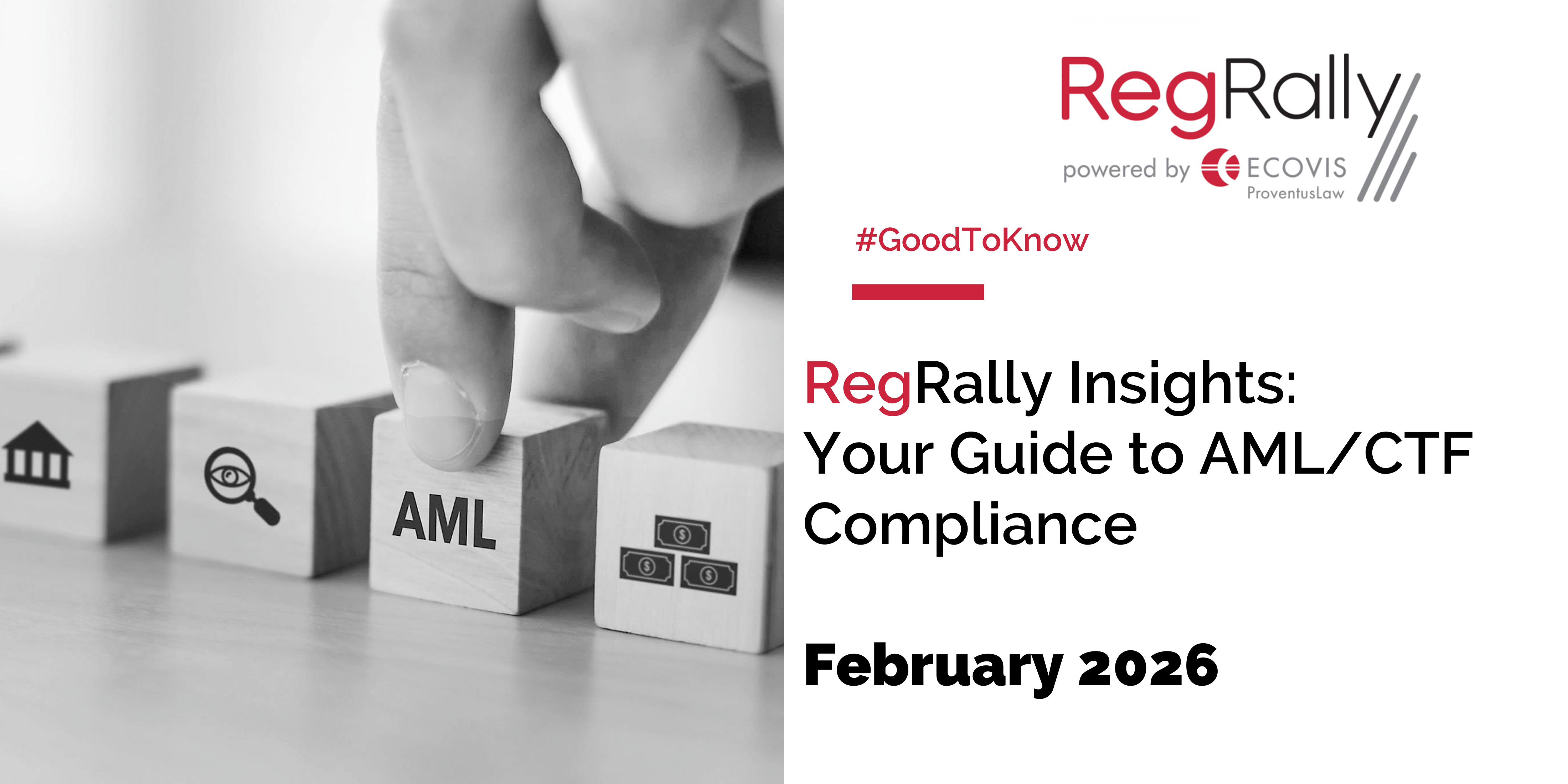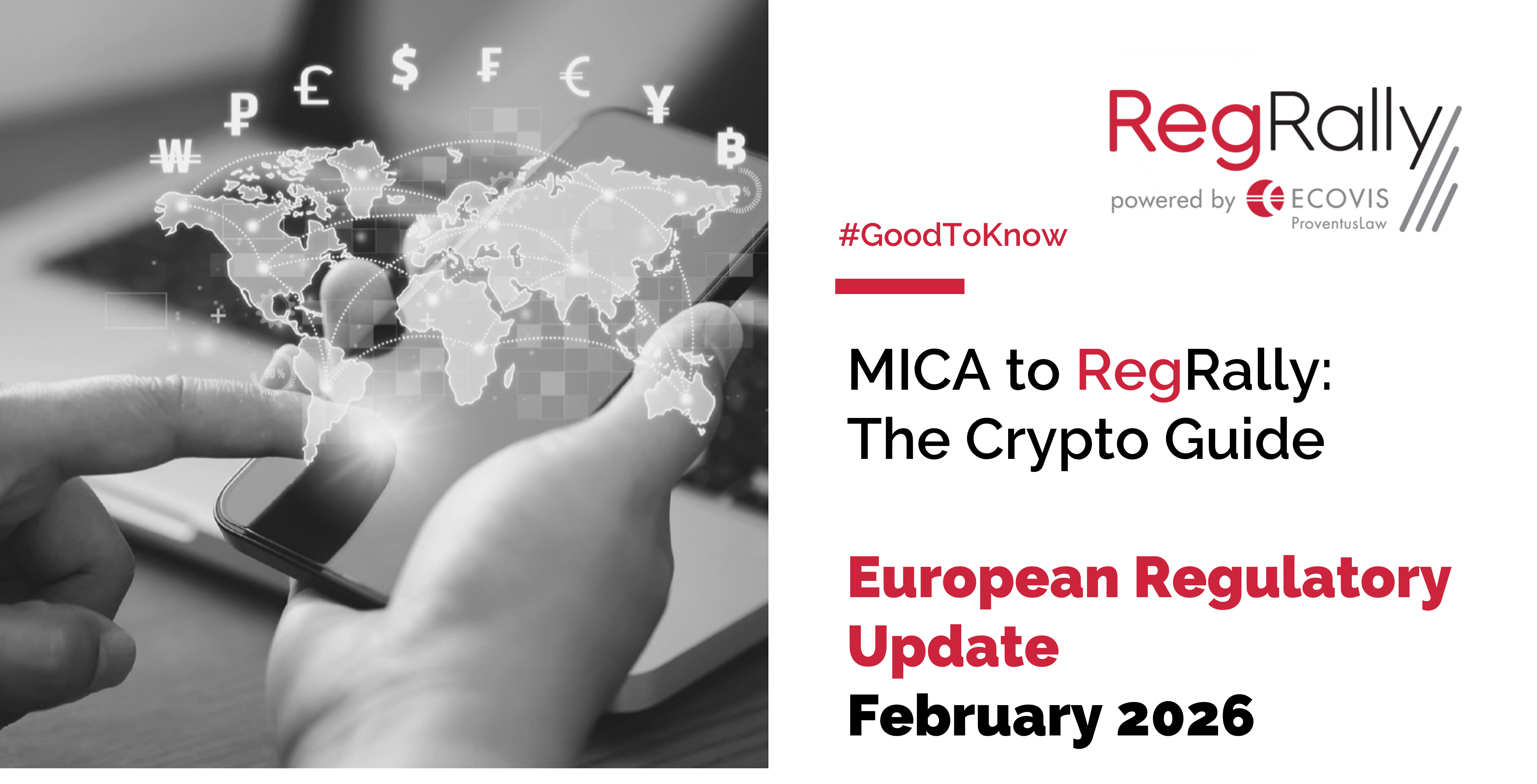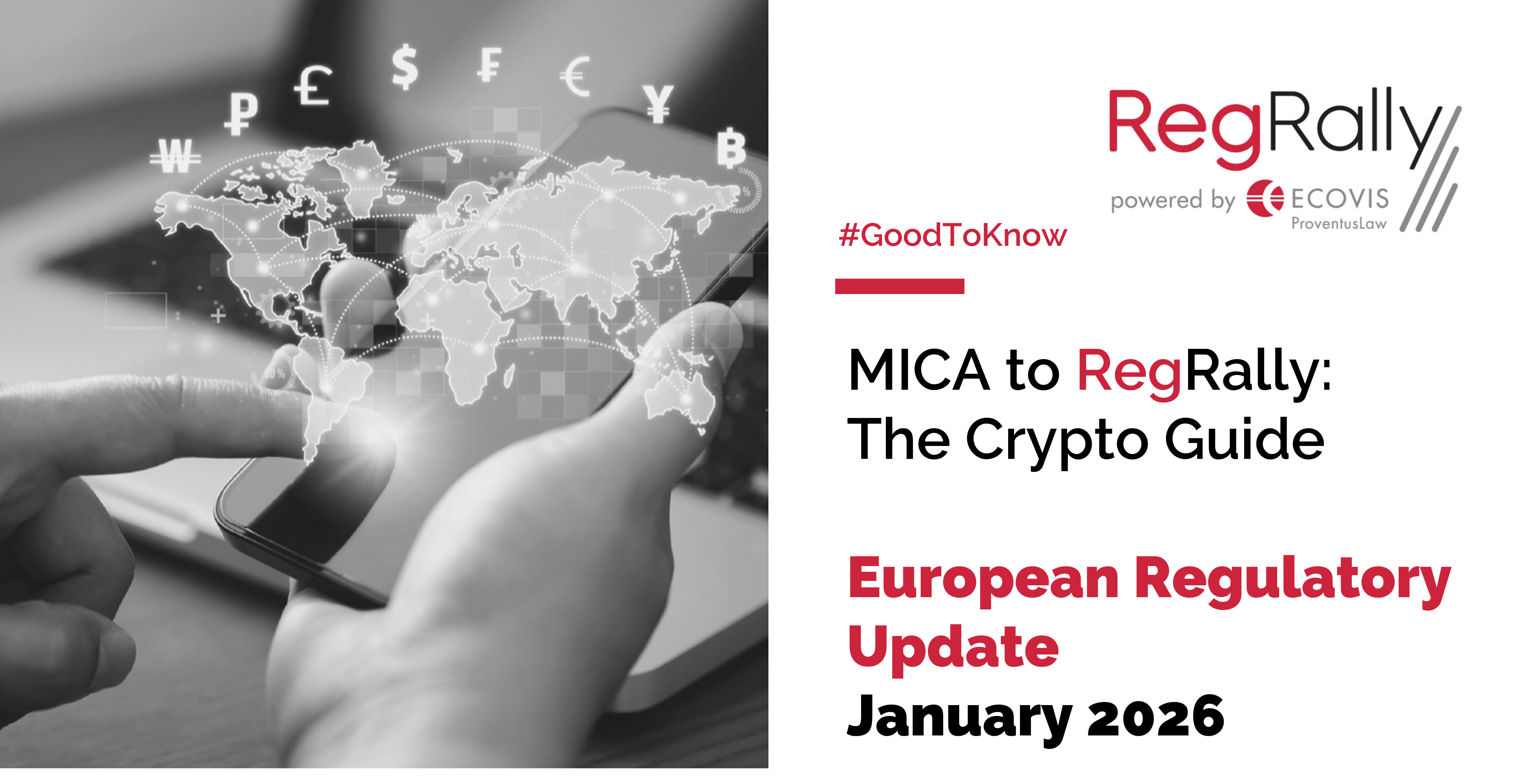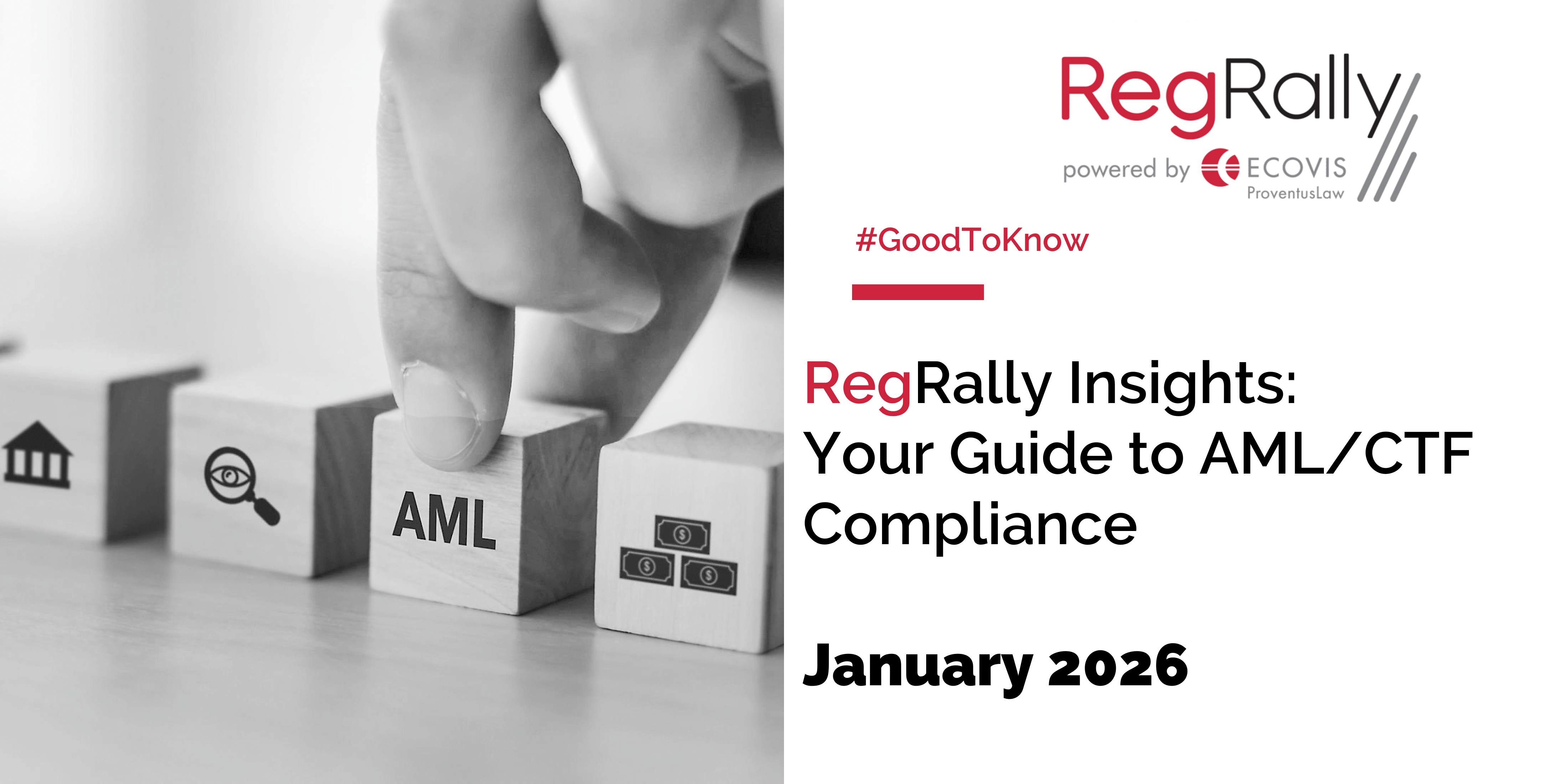
GDPR audit
The GDPR audit enables the assessment and determination of the scope, purposes, and legal bases of personal data processing, as well as the implemented security measures and existing processes and procedures. It facilitates the evaluation of the compliance of all these elements with GDPR, identifies potential risks, and allows for the formulation of a plan to effectively manage and mitigate these identified risks.
Areas covered by the GDPR audit:
GDPR audits can include legal GDPR audits and technical (IT) GDPR audits.
Legal GDPR audits may include, but are not limited to, the following topics:
- data protection safeguards and governance, procedures and processes
- categories of processed personal data, purposes, and legal bases
- assessment of data protection procedures and policies and their practical implementation
- management of records of personal data processing activities
- engagement of data processors and contracts concluded with them
- data transfers to third countries
- implementation of data subject rights requests
- technical and organizational security measures
- data breach management procedures as well as related procedures and processes
- retention of processed personal data
- evaluation of responsible persons for data protection, their duties and responsibilities
- employee education and training
GDPR audits may cover all categories of data subjects: clients, employees, applicants, partners (their representatives), and other relevant parties.
A technical (IT) GDPR audit may cover the following areas:
- business process and information security management systems;
- the tools used for collecting and storing information;
- the applied technical and organisational security measures and their risks.
The benefits that a GDPR audit can offer:
- identifying and managing risks of non-compliance;
- identifying measures and practices to manage the risks;
- improving the efficiency of processes related to the protection and processing of personal data;
- identifying appropriate measures to implement GDPR compliance;
- ensuring the implementation of the principle of accountability;
- keeping the members of the governing bodies updated on the progress of the implementation of the GDPR, compliance and developing an action plan for the following year.
Organisations are encouraged to conduct regular internal GDPR audits (recommended annually) to assess the effectiveness of their compliance. Documented audits are critical in case of breaches or complaints and can help prevent hefty fines.
Benefits of Choosing ECOVIS ProventusLaw
- ECOVIS ProventusLaw is recognised in the Legal500 directory for its expertise in the field of TMT (technology, media and telecommunications, which includes data protection);
- the team at ECOVIS ProventusLaw comprises not only lawyers but also certified data protection experts, data protection officers, internal auditors, and AML specialists, along with information security experts. This diverse expertise enables us to offer a comprehensive range of services and evaluate risks not only from a legal standpoint but also from technical, procedural, and risk management perspectives;
- innovative RegRally learning platform and GDPR knowledge testing tools;
- automated GDPR audit execution in our e-system;
- innovative approach to the Data Protection Officer services.
GDPR audits are carried out using dedicated ECOVIS ProventusLaw application questionnaires, interviews with the responsible persons for each audited area, verification of the functioning of processes, etc.
Our team:
- conducts GDPR audits,
- consults on GDPR audits,
- develops action plans for the elimination of identified risks,
- prepares and/or reviews procedures and policies related to GDPR audits,
- prepares and/or revises procedures related to GDPR audits,
- assists in the implementation of the action plan for the rectification of identified risks from a GDPR audit.
News
Knowledge without experience is of little use. Therefore we are proud of having our own valuable experience to share with you.











 Newsletter Subscription
Newsletter Subscription